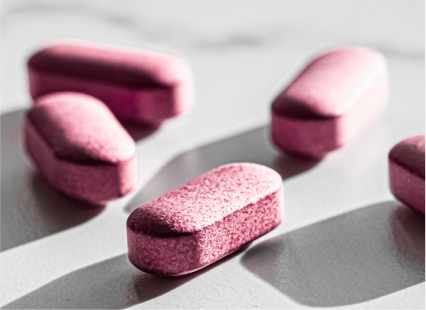Crack cocaine, more commonly referred to by its shorthand ‘crack’, is a cruder form of cocaine. These illicit street drugs have a nearly identical chemical and pharmacological makeup to one another. Both are very powerful substances but crack cocaine has a much shorter-lived stimulating effect. Short-lived means that it will be out of your system quickly, right? Well, not necessarily. If you are wondering how long crack cocaine will stay in your system, the truth is that it varies. Depending on various factors and how you are measuring the amount of this drug that is still in the human body, the answer may be different.
You see, crack cocaine is a fast-acting drug that provides an energizing and stimulating effect within seconds. However, these effects wear off in as little as a few minutes. This does not mean that the drug is out of the body. Let’s take a look at some different ways we can test for the presence of crack cocaine in the human body.
Crack Cocaine Drug Testing
Blood Test
Via a blood test, crack cocaine can actually be detected for the shortest period of time. A blood test would typically only detect the consumption of this drug if it occurred in the last 2 to 12 hours. Blood is constantly being pumped through the human body and being filtered. This is why it may only be detected for such a short period of time.
Saliva Test
Another way that crack cocaine can be detected in the human body is through saliva. Via this method, detection could occur up to 24 hours after the last use.
Urine Test
A urine test is probably the most common method for drug testing because it is easy to collect the specimen and many drugs can be detected for a longer period of time than saliva or blood test. Crack cocaine can be detected in urine anywhere from 1 to 4 days.
Hair Test
The method that allows crack cocaine use to be detected for the longest period of time is a hair test. A hair test can detect the use of various drugs, including crack cocaine, for 3 months or longer. Although this method of drug testing is not common, and arguably the drug is no longer “in your system” it is a way in which the substance can be detected.
Factors That Affect How Long Crack Cocaine Stays In Your System
Any of these methods of detecting whether crack cocaine is still in someone’s system consist of a range of time. The following factors can play into how long each test would be effective:
Liver Function
A well-functioning liver will be able to filter blood faster and more efficiently than a damaged or stressed liver. Therefore, someone with a healthy liver will be able to process chemical substances, even crack cocaine, quicker. However, drug use can cause stress on the liver. Crack cocaine use over time may lead to liver damage and cause it to work harder and longer to process out toxins.
Length of Use
When referring to the length of use, we are referring to how long the individual has been using this particular substance. Is this the first time using, or have they been using crack cocaine for months or years? Use over a longer period of time can cause the substance to build up in that body. Consequently, it will take longer to process crack cocaine or other toxins out of their system.
Food and Water Intake
Water consumption can help flush out crack cocaine from your system. On the other hand, eating food can slow down the ability to metabolize the substance because the human body is simultaneously trying to digest the food.
Amount of Drug Used
The greater the dose of crack cocaine used, the longer it will take for the human body to process the substance. This is because the liver is only able to process a certain amount in a given time.
Polydrug Use
Mixing drugs is a dangerous practice that can have numerous effects on the human body. Often co-drug use can significantly increase the effects of the substances consumed, in addition to increasing how long it takes for the human body to process the drugs.





